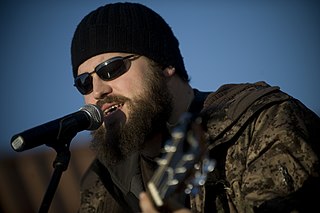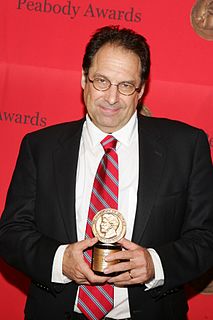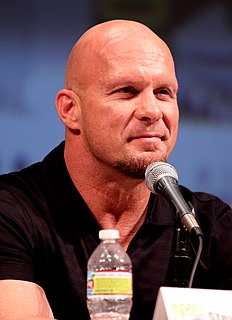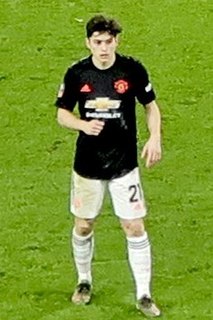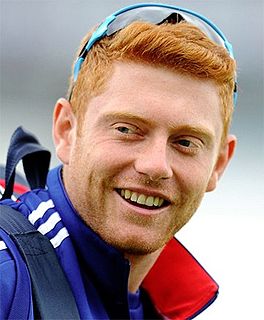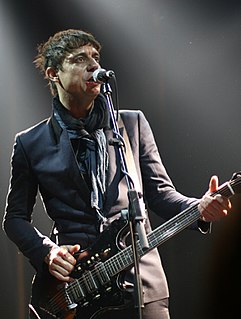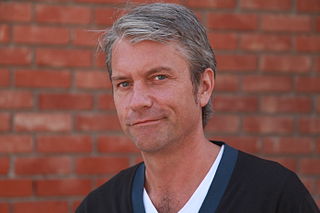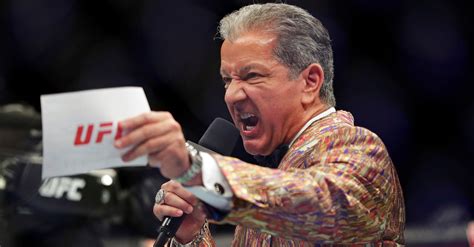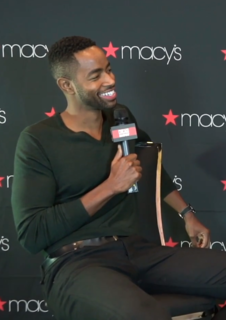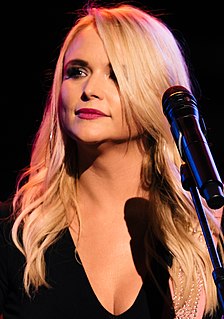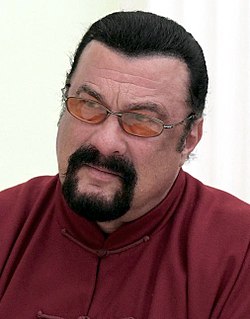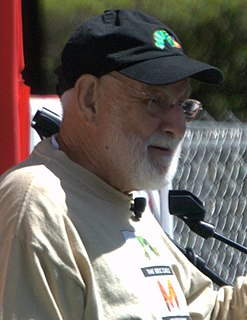A Quote by Zac Brown
I never get used to going out and seeing 20, 30,000 people that are there to see us play. It's kind of surreal.
Related Quotes
If you have a horse that can beat horses worth $20,000, typically you enter it in a $20,000 claiming race. Now there might be people who feel their horse is worth $20,000, and they say, 'I wouldn't mind seeing the horse get beat.' So they'll enter it for $40,000 so the horse looks like it's performed badly.
I think all of us set out to try and reach as many people. That's the whole point of being in a band: trying to get your music out there. So, any opportunity to do that, within reason. We're informed about where our music is going to be used; we get to say yes or no. There are things we can turn down, and there are things we can agree to. When it comes to movies and stuff like that, it's great for us. I don't think it's selling out. Maybe 10 or 20 years ago it was seen as selling out, but nowadays I think it's the only way to get your music out there.
When a drug comes out [that's broadly prescribed] there are going to start to be a lot of people on it [in a million person cohort] and you might get therefore an early signal of something unexpected that hadn't come through in the clinical trials. And I'm sure [drug companies] would love it if, in fact, FDA, recognizing that, would say, OK, maybe you don't have to do your trial with 30,000 people because we're going to find out shortly after registration because we'll have a lot of people taking the drug and we'll be able to see what happened using PMI.
We saw a need to develop a community for artists to get their music out to the masses. With MySpace, when they went out on tour, they could actually tour nationally. The band might have 20,000 friends on their list and send out a bulletin saying, 'I'm going to be in Austin on Tuesday night. Come see our show.'
I used to play for 200 people and now I'm selling out places that hold 16,000 people. It's a big change, and it's so cool to see people out there screaming the words to songs that I wrote. It just really reassures me that what I'm doing is working, and it really boosts my confidence, as far as on stage as a performer and a writer.
